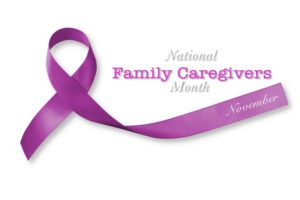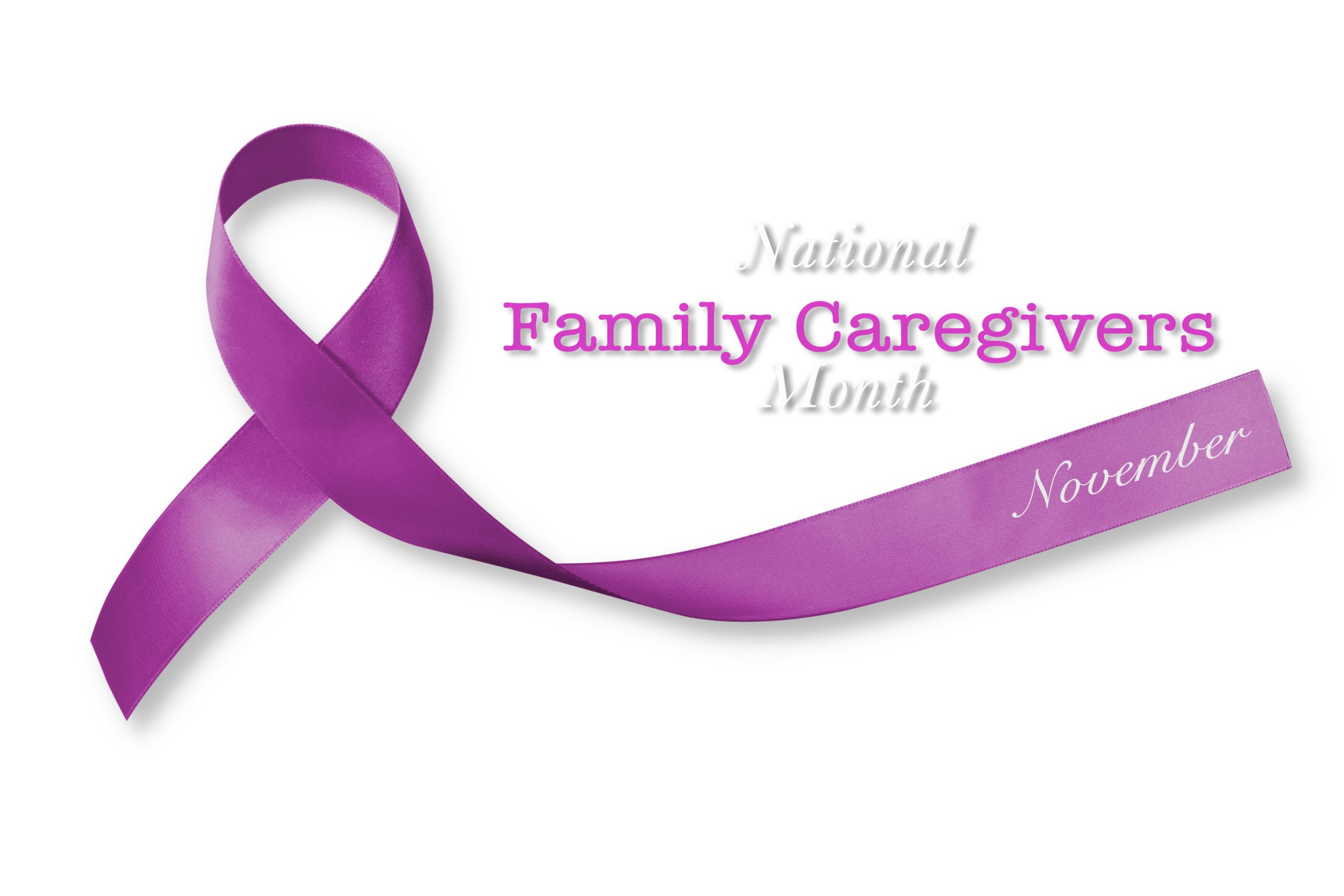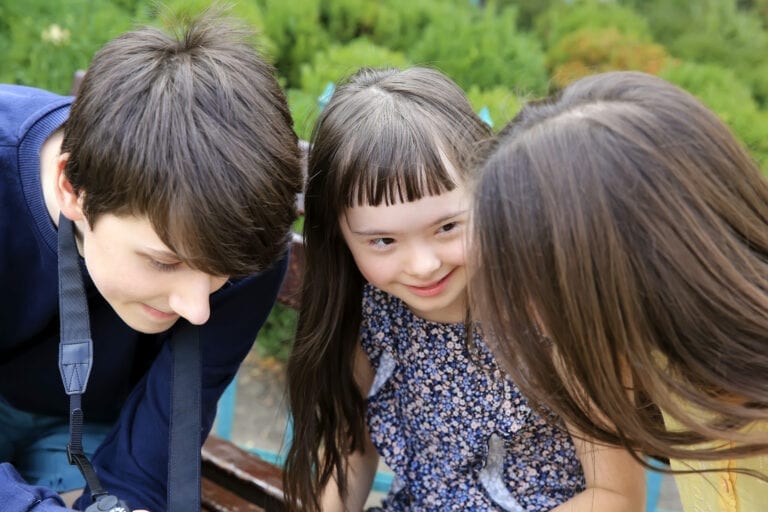
In a recent update, the U.S. Census Bureau examined unpaid care for family members. Given by AARP and Alliance for Caregiving, Caring in the U.S. 2020.
Those who become liable for another person’s sickness or disability as a result of illness or disability belong with their family and their friends. It’s sometimes hard to see the big picture when you’re surrounded by your own stuff.
During these difficult times, the cornerstone of society is family caregivers. As we continue to assess the novel coronavirus (COVID), we are brought to view these individuals in a uniquely vulnerable light.
Currently, more than one in five Americans (21.3%) provide care to an individual with special needs, with more than 20.3 percent providing care in the past 12 months. The number of estimated adult caregivers increased from 43.5 million in 2015 to an estimated 53 million in 2017.
Taking care of someone with Alzheimer’s, dementia, or a life-threatening illness at a distance can be challenging, particularly for someone in a relationship. How can caregivers receive the help they need? Our guest speaker, Grace Whiting, President and CEO of the National Alliance for Caregiving, shared the organization’s proposals regarding existing resources and what can be done to bring greater support to caregivers. I had the pleasure of moderating the panel with Jill Lesser, a caregiver, a board member of the Us against Alzheimer’s, and the President of our Women against Alzheimer’s network.
Underneath the image to the left, click “Play” to hear the conversation.
Altman introduced the program. She is Sunrise Senior Living’s Senior Vice President of Memory Care and Program Services. Her statement noted that the Sunrise Fund for a Cure, which was launched in spring 2019, is a result of the partnership between Sunrise and Us against Alzheimer’s. Early in October, the organization had raised $34,000 towards their fight against Alzheimer’s disease.
When Grace Whiting addressed the organization, she observed that the term caregiver was somewhat fluid—caregiver, care partner, and caretaker—and that some people did not identify themselves as caregivers.
Caregivers are also shaping their roles, Amy said, “We used to think of the typical caregiver as a middle-aged or retired woman caring for an older relative, but now more people care for a person of different ages and genders.”
Caregivers can be older, age 75 and older. Those with smaller families or in remote locations rely on family members voluntarily. Caregivers can be part of a wider family or live alone. A study by the USC Royal Institute on Aging and Us against Alzheimer’s confirmed that female caregivers are more balanced than male caregivers in millennial dementia care.
Diversity in attitudes towards caregiving is also far from universal. The Diverse Elders Coalition report finds that Asian Americans, African Americans, Latino Americans, and LGBT individuals are more isolated in caring for others and Latinos and Native American caregivers, especially, feel compelled to provide care.
Alzheimer’s caregivers are significantly more likely to have care providers to help them, and while about 43% of those who do not have help are saying that they need it. Particularly vulnerable are spouses, who are, as a result, more likely to get no help.
The following suggestions were made by Ms. Whiting for caregivers helping them manage strains of caregiving:
Think about what you can handle and who you can recruit for assistance. As parents consider what it means to have a good relationship, caregivers should consider whether they are delivering a good family life, what they expect of their children, or what they expect of their spouse. In partnership with the Family Caregivers Alliance, the Atlas of Caregiving maps each individual in the caregiver’s potential care circle to help connect them to the people who can help them, including their faith community and workplace. Making care decisions together with the caregiver also helps—dividing the work up among those who need to make decisions and those who can make them.
Caregiver care greatly for the health of their patients, but their own health is often neglected to the extent that standard advice such as taking a walk, smelling a flower, and petting a kitten can underestimate the need. Elder Care Locator helps caregivers locate resources and centers with resources and programs that help them and the people they care for succeed. The Rosalyn Carter Institute’s REACH program teaches dementia caregivers how to prevent self-neglect in their care for their loved ones.
Do things together
Exercise and cooking programs can keep dementia sufferers and their caregivers healthy. Music therapy also helps people with dementia listen to their favorite songs, and caregivers can sing along. Animal therapy is a great way to help people with Alzheimer’s and caregivers build long-lasting relationships. These activities might allow caregiver and person with dementia to spend time together, or allow other family members to join in.
Remember the real person.
Caretakers are encouraged to create a life history of the person with dementia. This may help other caregivers understand them as a unique individual regardless of their level of expertise with dementia. Memory well is one approach to help caregivers remember the things they love about their care.
Deciding between cares at home or in a care facility.
You may want to take a caregiver self-assessment questionnaire first to gauge how stressed out you are, in order to determine if you can still help your loved one, and if not, and if not, why not. With a memory care center, you can be sure you’ll get the best care, and knowing you’re among similar individuals can help improve moods and engagement in those with Alzheimer’s. (We must acknowledge the difficulty of the care that professional caregiver play in Alzheimer’s care and let them know that their role is important.)
Become a caregiver-advocate.
It is stimulating to become an advocate for Alzheimer’s caregivers — pushing elected officials and others for changes that will better support caregiving. Sharing your dementia caregiving story can help strengthen your advocacy position. A protracted process of long-term care, along with data on problems like its economic impact on business (when employees need time off) and consumers (who incur long-term care costs). The 2018 RAISE Family Caregivers Act passed by Congress, momentum is growing for paid family leaves, and Medicare enacted reimbursement co-payment codes for doctors to provide care planks in order to allow them to give more time to families as they prepare for loved ones with dementia.







